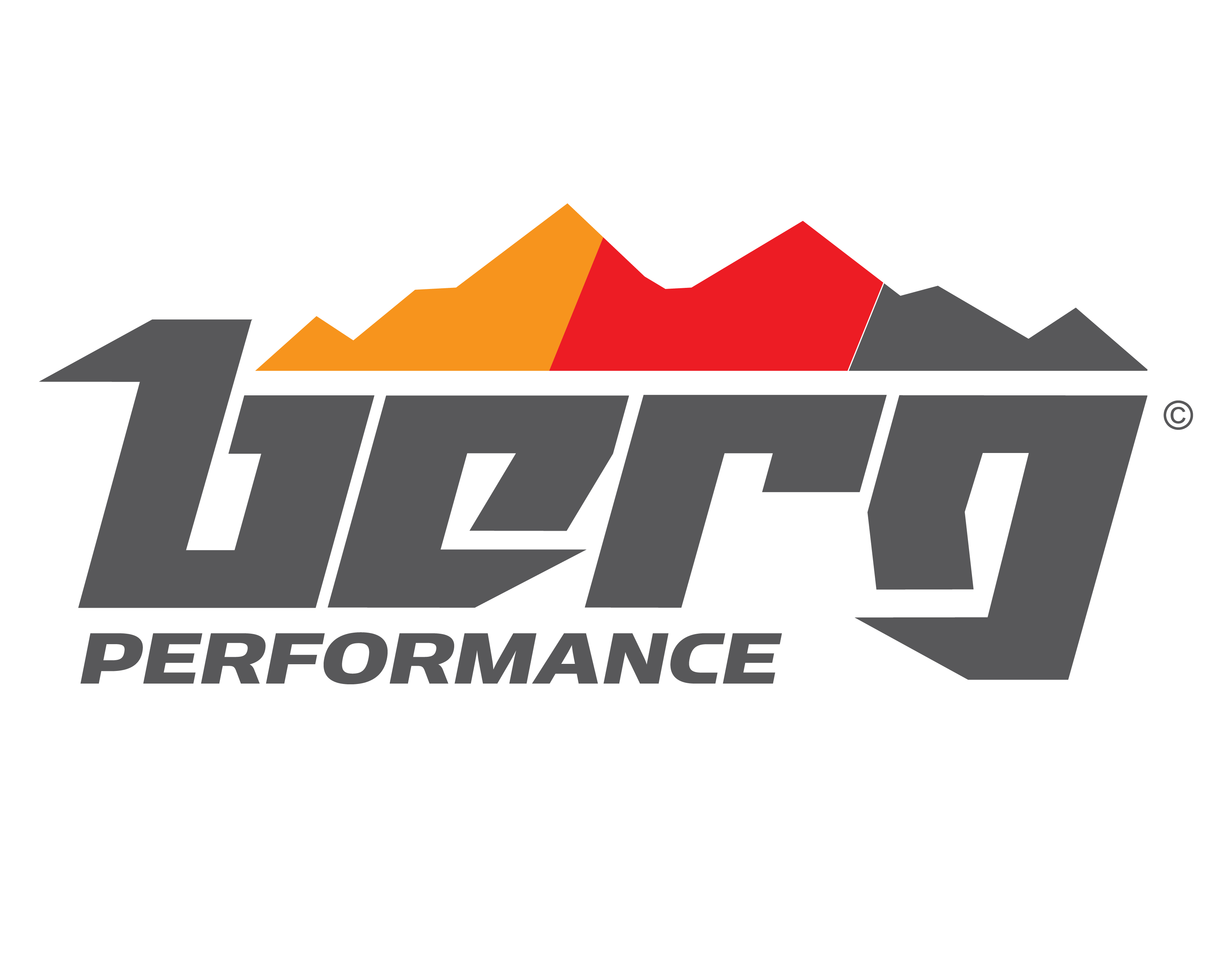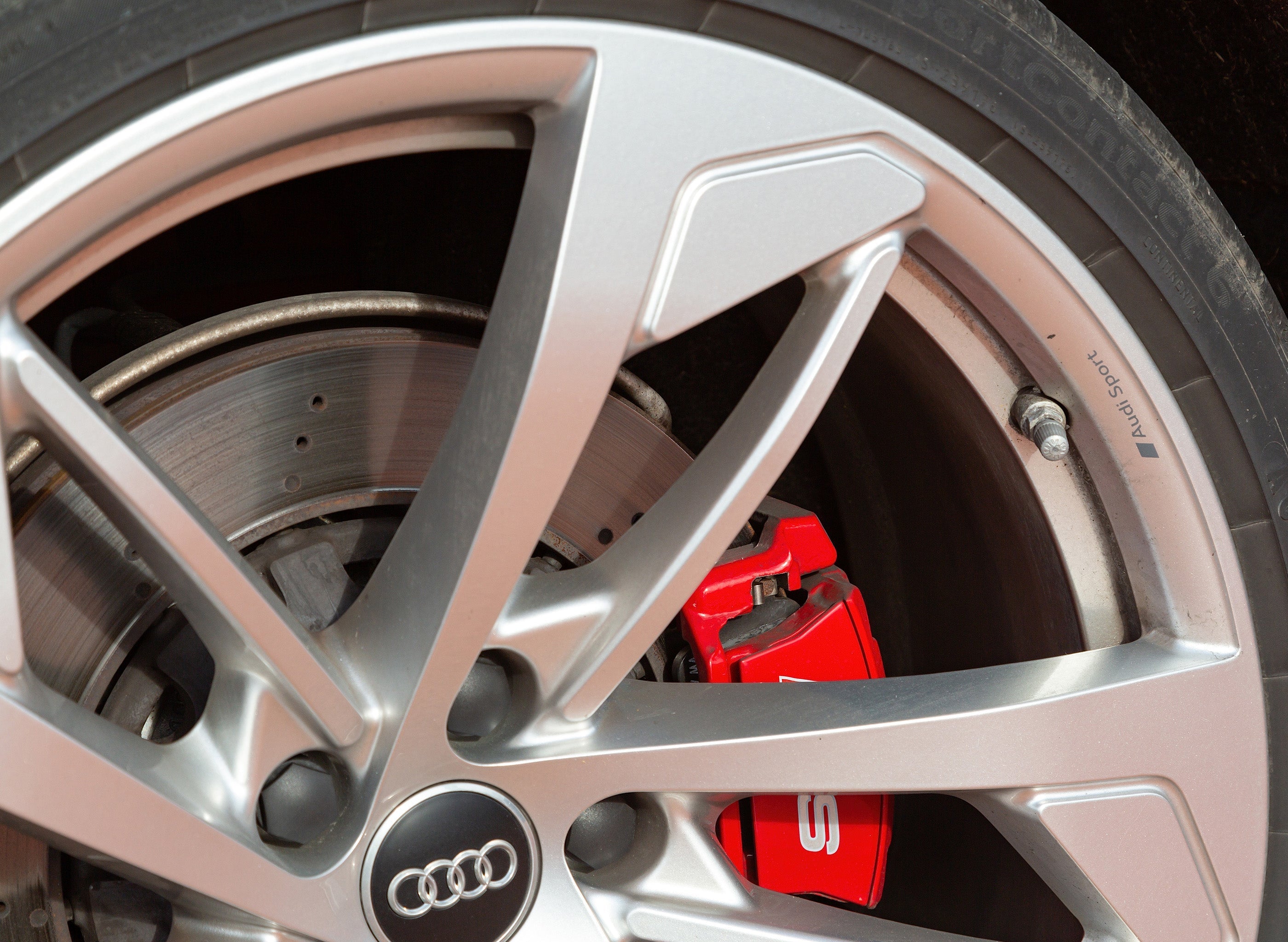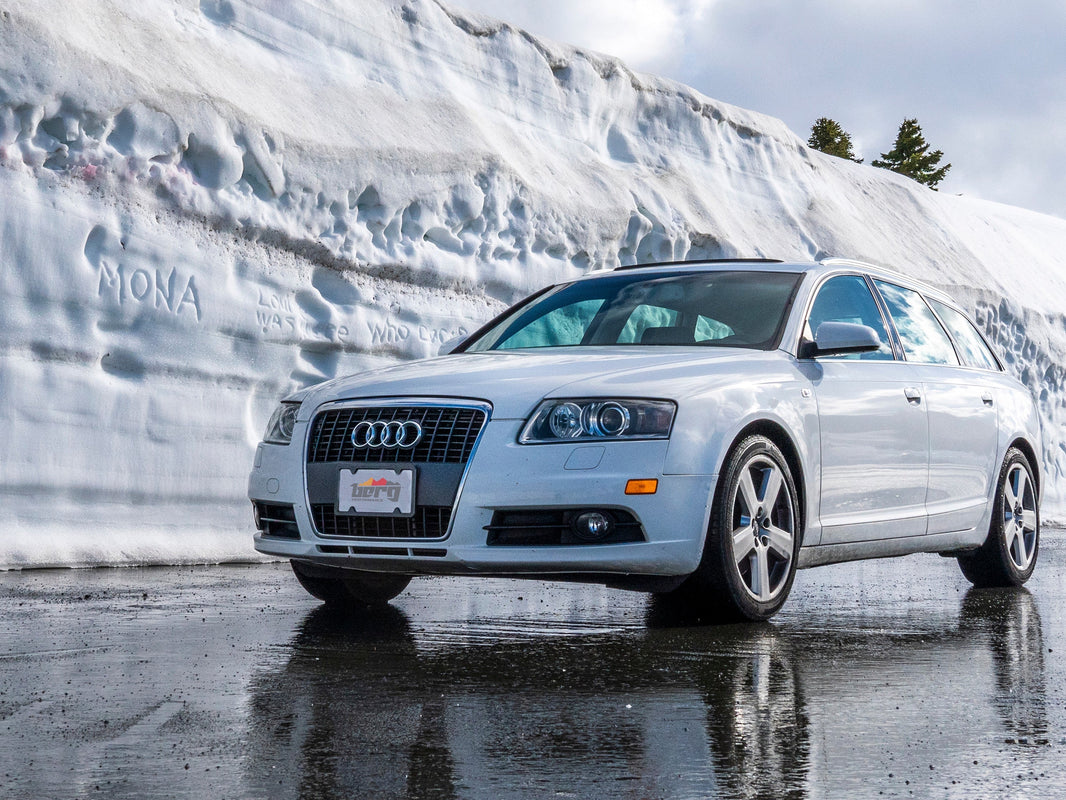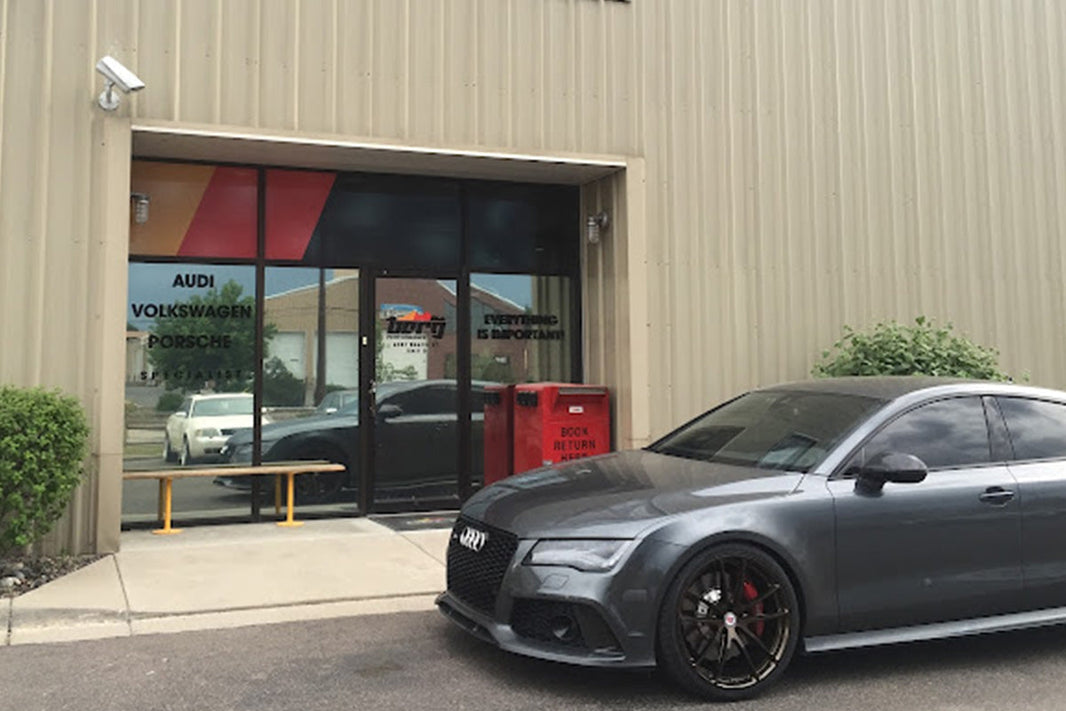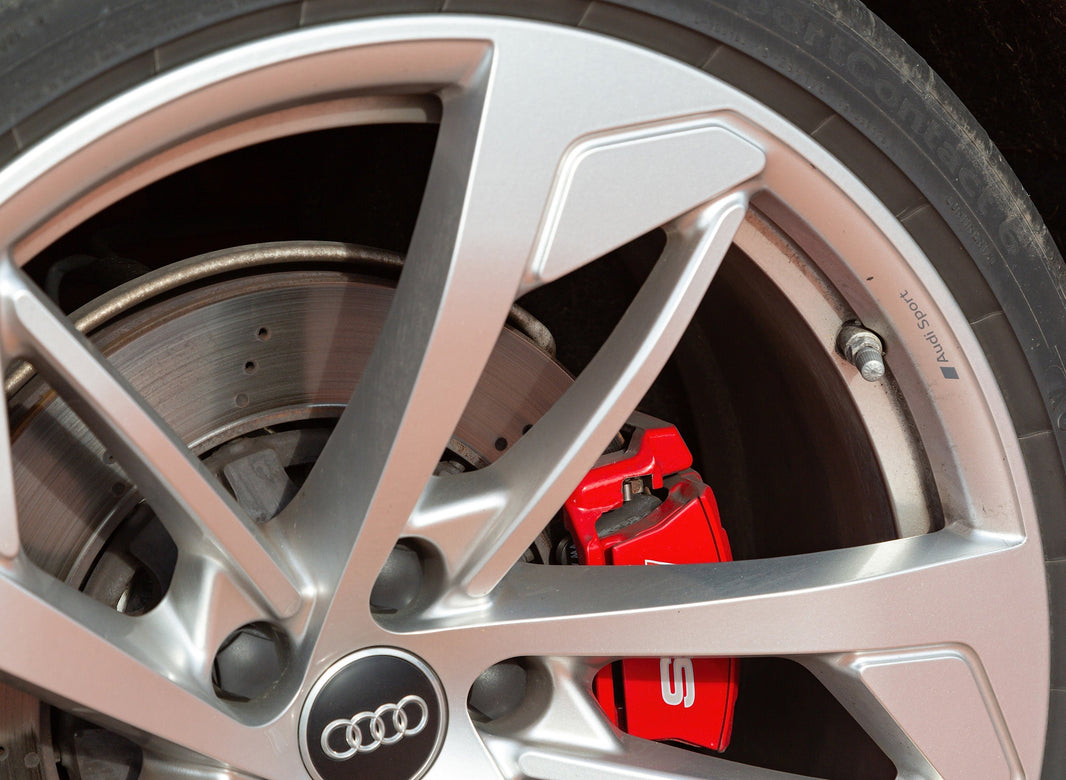Your brakes are one of the most critical safety components in your Audi, Porsche, or Volkswagen. Proper brake maintenance ensures optimal stopping power, enhances driving performance, and prevents costly repairs down the road. But how do you know when it’s time for brake service?
Here’s a comprehensive guide to identifying signs of brake wear and knowing when to schedule service for your German-engineered vehicle.
1. Warning Signs That Your Brakes Need Service
Modern Audi, Porsche, and Volkswagen vehicles come equipped with advanced braking systems, but even the best brakes wear down over time. Watch for these key warning signs:
Brake Warning Light is On
Most Audi, Porsche, and VW models have a brake wear sensor that triggers a dashboard warning when your brake pads are nearing the end of their lifespan. If you see a brake wear indicator or ABS warning light, it’s time for a professional inspection. Give Berg Performance a call today.
Squealing, Squeaking, or Grinding Noises
-
Squeaking or squealing: This usually means your brake pads are worn down, and the built-in wear indicator is alerting you to replace them.
-
Grinding: If you hear grinding, your brake pads may be completely worn out, and metal-on-metal contact is occurring. This can damage your rotors, leading to expensive repairs.
Vibration or Pulsation When Braking
A vibrating brake pedal or steering wheel when braking is often a sign of warped rotors. Heat buildup from excessive braking can cause the rotors to warp, reducing braking efficiency.
Longer Stopping Distances
If your Audi, Porsche, or VW takes longer to stop than usual, it may indicate:
-
Worn-out brake pads
-
Low or contaminated brake fluid
-
Failing brake calipers
Reduced stopping power is a major safety risk, so don’t ignore it!
Soft or Spongy Brake Pedal
If your brake pedal feels soft, spongy, or requires extra pressure to engage, this could be due to:
-
Air in the brake lines
-
Moisture-contaminated brake fluid
-
A failing master cylinder
This issue should be addressed immediately, as it can lead to complete brake failure.
2. How Often Should You Service Your Brakes?
Brake lifespan varies based on driving habits, road conditions, and vehicle type. Here’s a general guideline for Audi, Porsche, and Volkswagen owners:
Brake Pads:
-
Typically last 30,000 – 60,000 miles but can wear out sooner with aggressive driving.
-
High-performance models like Porsche 911, Audi RS, and VW Golf R may need more frequent pad replacements due to more powerful braking systems.
Brake Rotors:
-
Usually last 50,000 – 70,000 miles, but performance vehicles may need replacements sooner.
-
If rotors are warped or deeply grooved, they should be resurfaced or replaced.
Brake Fluid:
-
Brake fluid should be replaced every 2 years or 20,000 miles (or as recommended in your owner’s manual).
-
Over time, moisture contamination reduces brake fluid effectiveness, leading to soft pedal feel and reduced braking power.
3. Performance Braking Systems: Special Considerations
Many Audi, Porsche, and Volkswagen performance models come with high-end braking systems that require specialized service:
Porsche Carbon Ceramic Brakes (PCCB):
-
These brakes last much longer than standard steel rotors but require specific cleaning and maintenance to prevent rotor damage.
-
PCCB systems should always be serviced by a Porsche-certified technician like Berg Performance.
Audi Quattro & S/RS Models:
-
The Quattro AWD system places additional stress on brakes, especially in winter conditions. Regular inspection is crucial.
-
RS models use high-performance braking components, which may wear faster with aggressive driving.
Volkswagen GTI & R Models:
-
The Golf R and GTI feature sport-tuned braking systems that require high-performance brake pads to maintain optimal stopping power.
-
Track use? You’ll need more frequent brake service to handle extreme heat and wear.
4. How to Extend the Life of Your Brakes
To maximize the longevity of your braking system, follow these best practices:
Avoid hard braking whenever possible – Gradual stops reduce heat buildup.
· Downshift in manual or sport mode – This reduces strain on your brake pads.
· Flush brake fluid regularly – Old fluid can cause corrosion and brake fade.
· Use OEM or high-quality performance parts – Cheap brake pads wear faster and can reduce braking efficiency.
5. Schedule Your Brake Inspection Today
If you notice any signs of brake wear or just want peace of mind, schedule a professional brake inspection at Berg Performance auto specialist. Whether you drive an Audi, Porsche, or Volkswagen, keeping your brakes in top condition ensures a safe and enjoyable driving experience.
Don’t wait until it’s too late and schedule your brake service at Berg Performance today!
